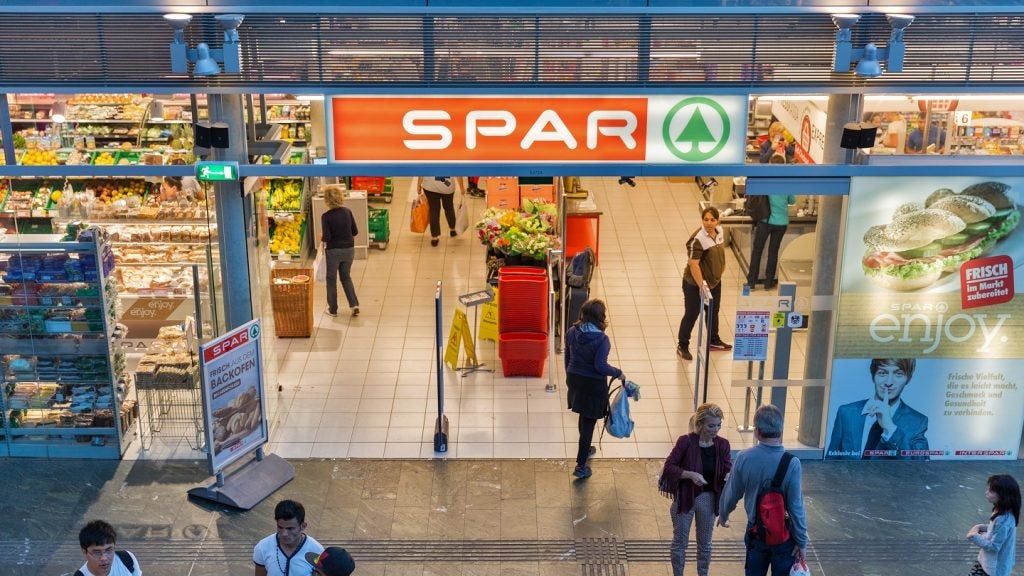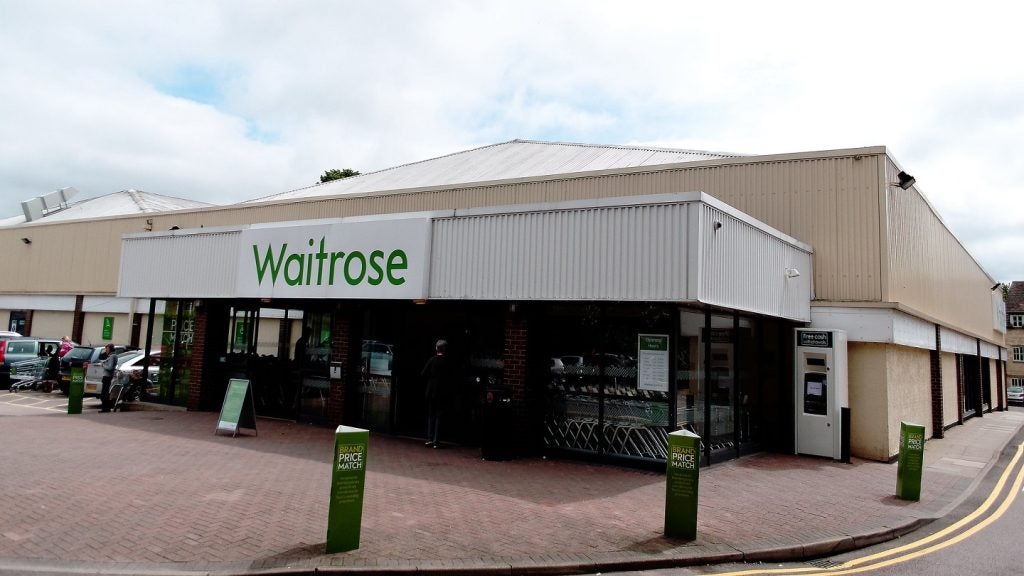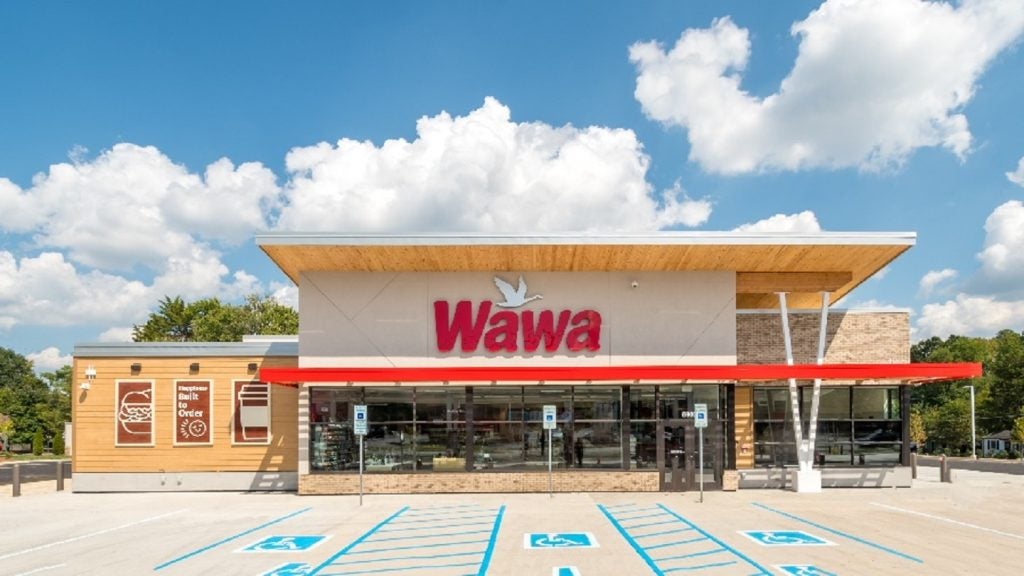Supermarket chain Shufersal has terminated an agreement to establish a store network for food retail chain SPAR in Israel, according to a report by Reuters.
The Israeli-based retailer said that the decision was taken due to regulatory restrictions from the Israel Competition Authority and the changing market environment.
Shufersal CEO Uri Watermann was quoted by the news agency as saying: “Following changing market conditions and regulatory requirements and in accordance with the estimates we made during the period from the signing of the agreement until receiving the conditional approval from the competition authority recently, the company decided not to complete the deal.”
Shufersal did not provide additional information on the restrictions imposed by the Israel Competition Authority; however, the Times of Israel, citing the Hebrew press, reported that the authority restricted the supermarket chain’s holding in the joint corporation to 15%.
The Competition Authority spokeswoman said: "Shufersal knew about the conditions from the beginning and was in dialogue with the authority."
In December 2022, Shufersal entered a memorandum of understanding for cooperation with SPAR and was followed by an initial agreement in March this year.
As part of the cooperation, Shufersal agreed to invest NIS28m ($7.27m) over three years to open at least ten SPAR stores in Israel and import and sell SPAR products exclusively in its stores.
The agreement would also see the creation of a joint corporation controlled by Israeli businessman Amit Zeev.
Shufersal and Amit Zeev would hold 19.9% and 80.1% stakes in the new entity, respectively.
The joint company was supposed to sign a franchise agreement to operate stores under the SPAR brand.











